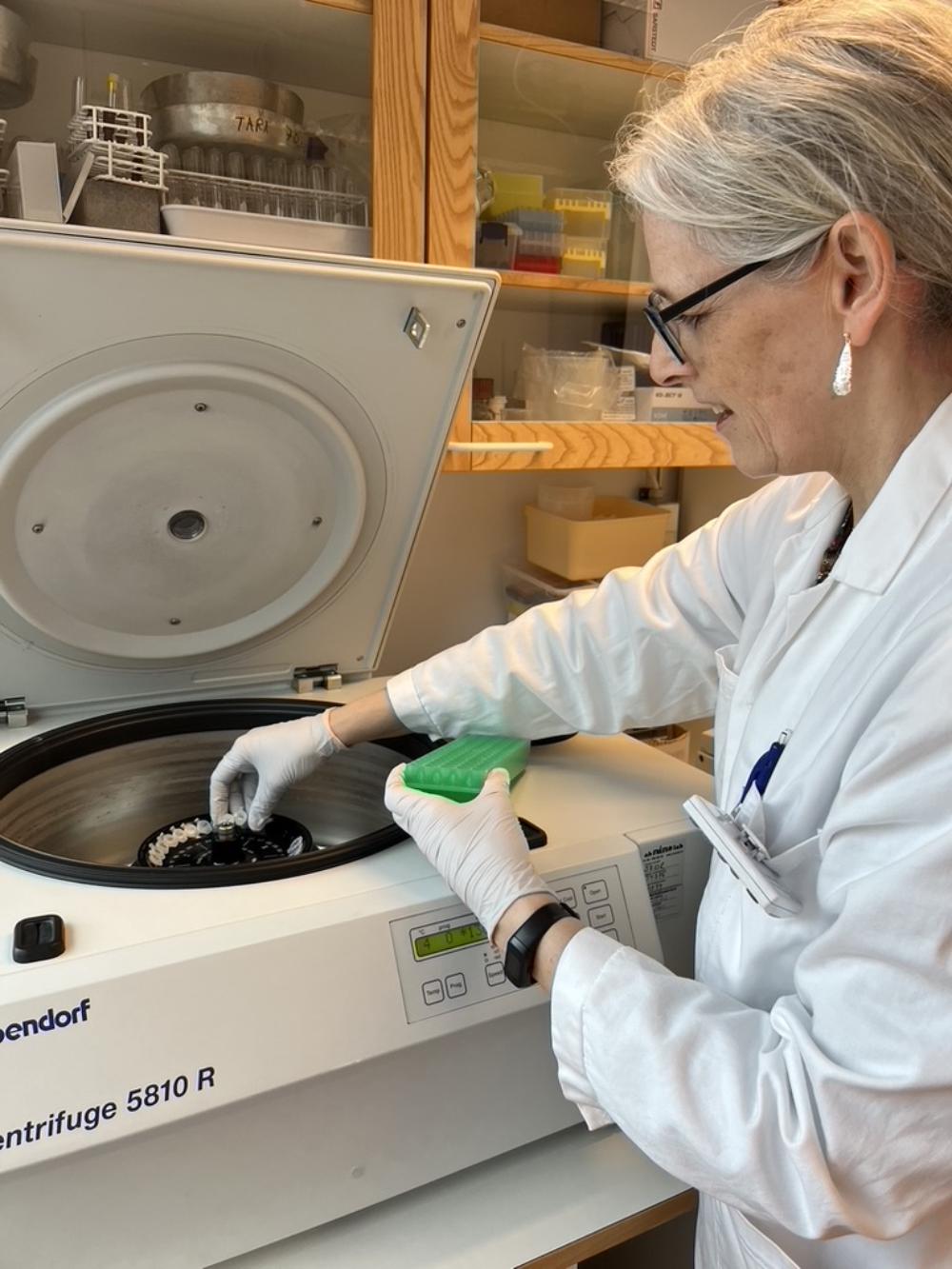[News from the Members] A Swedish starter cultures project
Local development, promote food culture and advance scientific understanding
Swedish artisanal dairy production represents a rich tapestry of cultural heritage, combining centuries of old traditions with distinctive regional practices.
The project “Sveriges Gårdsmejerister – Collaborations for the
Development of Small-Scale Cheese and Fermented Milk Culture” aimed to
preserve and enhance this heritage by promoting regional collaborations
among farm dairies, researchers, restaurants, and specialty
retailers.
This initiative was designed not only to stimulate local development and
promote food culture but also to advance scientific understanding
through targeted microbiological sustainability testing.
Focus
A key focus of this project was to develop and document traditional Swedish dairy products, including renowned cheeses such as Wrångebäcksost, Sörmlands Ädel and fermented milk products like filmjölk / sour cream. Several of these products have achieved or are pursuing protected designation status within the EU, underscoring their cultural and gastronomic significance. By cultivating native lactic acid cultures and analyzing their microbial composition, we were aiming to enhance flavor complexity, ensure product safety, and preserve the distinctive qualities of Swedish artisanal dairy production.
Cooperation
In collaboration with Swedish University of Agricultural Sciences (SLU), the project integrated advanced microbiological testing and characterization techniques. These studies will elucidate the microbial composition and variations in traditional starter cultures and thereby contributing to valuable insights into the sustainability and resilience of small-scale cheese production.
The initiative further seeked to create dynamic networks among stakeholders by participating in events such as Terra Madre Nordic in Stockholm and the FACE Congresses. These platforms facilitated knowledge exchange, joint marketing efforts, and sensory testing workshops, thereby reinforcing the regional identity and historical connections of our dairy products.
In summary, this project served as a comprehensive approach to preserve Sweden’s distinctive food heritage. By merging traditional production methods with modern scientific research and strategic collaborations. Also, we aim to secure a sustainable future for our small-scale artisanal dairy sector while promoting local cultural and economic development.
In conclusion
In this study, temperature was identified as the most profound factor affecting the microbiota of artisanal dairy starter culture. Beside the cultivation temperature, the starting materials (milk type, plants, hey) used for producing mother culture can affect the microbiota of resulting daugther culture, but to a less extend. We observed that some producers have starter cultures that are constant in microbial composition, while others have more diverse ones. The result indicates that good and precise control of cultivation temperature and good hygiene practice were important factors for successful production and subcultivation of the artisanal dairy starter cultures.


